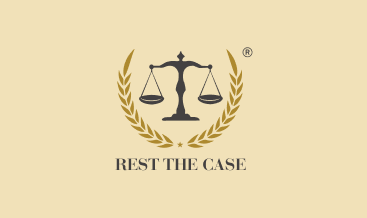Know The Law
WHAT IS AN ESTATE?

What is an Estate?
The language of law comprises several terms that are rarely used in daily conversation or used quite often. While there can be specific terminology that is very innate to the legal process, we also find words commonly referred to in day-to-day communication. One such word is an estate. Most of us are familiar with the meaning and usage of the word estate, but knowing the specific purpose becomes paramount for legal terms. Therefore, we dedicate this article to understanding what an estate is from a legal point of view. We will understand the definition of the term, management of estates, etc.
What do we mean by an Estate?
When we use the word estate, we refer to everything a person owns that is of value. This definition is a simplified meaning of the term. It is essentially the person's net worth in question, and it includes everything from their land, property, wealth, cash to all other kinds of assets. So, by the estate, we mean the economic measure of a person's capacity or ownership. Land, buildings, money, collections, investments, funds, furnishings, etc., all fall under an estate's umbrella. In an everyday sense of the term, an estate can often mean an ancestral property, but legally speaking, it is the sum of all the assets of a person minus the liabilities.
Importance of an Estate
The valuation of one's estate becomes crucial in one of two situations. These instances are a person's death or declaration of bankruptcy.
-
When a person declares himself bankrupt, there is a thorough evaluation of his estate to determine how much of his debts he can reasonably pay off by selling parts of his assets.
-
In the case of a person's death, his estate undergoes inheritance based on the owner's planning beforehand. Estate planning is the process of division and distribution of one's estate and stating the beneficiaries in the form of a will. Estate planning is a significant financial activity.
How to manage an Estate?
Estates usually pass on from the deceased to their family members in most cultures and under most legislations. This passing down of wealth within families is often the cause of stagnation in the economy as the money remains accumulated in society's individual sections. To solve this problem, some governments employ the system of estate taxation, wherein the beneficiaries of an estate need to pay an amount of tax when they inherit their share. These taxes can often be a considerable sum and prove to be very complicated. Hence it is advisable to take the help of an attorney for estate planning. It is also beneficial to employ specific techniques to minimise estate taxes, like setting up trusts or charitable organisations.
Conclusion
The takeaway from this article is understanding what an estate is and why managing it properly with professional help is necessary. Essentially for a wealthy person, drawing up his or her will is a crucial part of financial planning to ensure that the assets remain within the family.
Author: Shweta Singh




